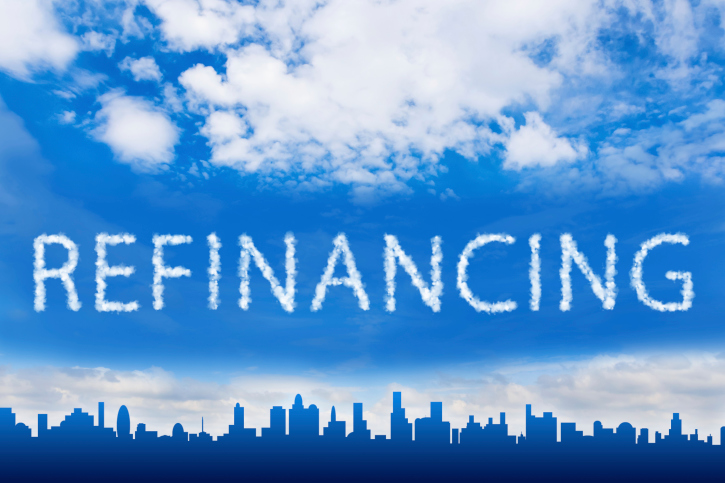 Managing multiple debts can become overwhelming and burdensome. Juggling various loan payments with varying interest rates and repayment terms can lead to financial stress and missed opportunities. One solution that borrowers often consider is consolidating their debts through a mortgage refinance loan. While this approach can be beneficial for some, it’s crucial to carefully evaluate its pros and cons before deciding.
Managing multiple debts can become overwhelming and burdensome. Juggling various loan payments with varying interest rates and repayment terms can lead to financial stress and missed opportunities. One solution that borrowers often consider is consolidating their debts through a mortgage refinance loan. While this approach can be beneficial for some, it’s crucial to carefully evaluate its pros and cons before deciding.
Understanding Debt Consolidation
Debt consolidation is the process of combining multiple debts, such as credit card balances, personal loans, and other unsecured debts, into a single loan. The goal is to simplify repayment by having one manageable monthly payment with potentially lower interest rates and extended repayment terms.
Pros of Consolidating Debts with a Mortgage Refinance Loan
Lower Interest Rates: One of the primary advantages of consolidating debt with a mortgage refinance loan is the potential for lower interest rates. Mortgage loans generally offer lower interest rates compared to credit cards and other unsecured loans.
Single Monthly Payment: Combining multiple debts into a single loan means you’ll have only one monthly payment to manage, reducing the chances of missing payments, and improving your credit score in the long run.
Extended Repayment Terms: Mortgage loans often come with longer repayment terms compared to other types of debt.
Potential Tax Benefits: In some cases, the interest paid on mortgage loans is tax-deductible. By consolidating debts into a mortgage refinance loan, borrowers might be able to benefit from certain tax deductions.
Cons of Consolidating Debts with a Mortgage Refinance Loan
Risk to Homeownership: When consolidating debts with a mortgage refinance loan, you’re essentially using your home as collateral. If you’re unable to make payments on the consolidated loan, you risk foreclosure, potentially losing your home.
Closing Costs and Fees: Refinancing a mortgage comes with closing costs and fees, which can add up to a significant amount. It’s essential to factor in these costs while assessing the overall financial impact of debt consolidation.
Long-term Cost: While lower interest rates and extended repayment terms can provide short-term relief, consolidating debts into a mortgage refinance loan may result in higher overall interest payments over the extended loan term.
Discipline Required: Debt consolidation is not a magic fix for financial issues. Without responsible financial habits, individuals may accumulate new debts, putting them in a more challenging position than before consolidation.
Consolidating debts with a mortgage refinance loan can be a viable option for some borrowers, offering lower interest rates, simplified payments, and potential tax benefits. However, it also comes with inherent risks and additional costs that must be carefully considered. Before deciding, it’s crucial to assess your financial situation, consult with a financial advisor, and explore other debt consolidation alternatives.
